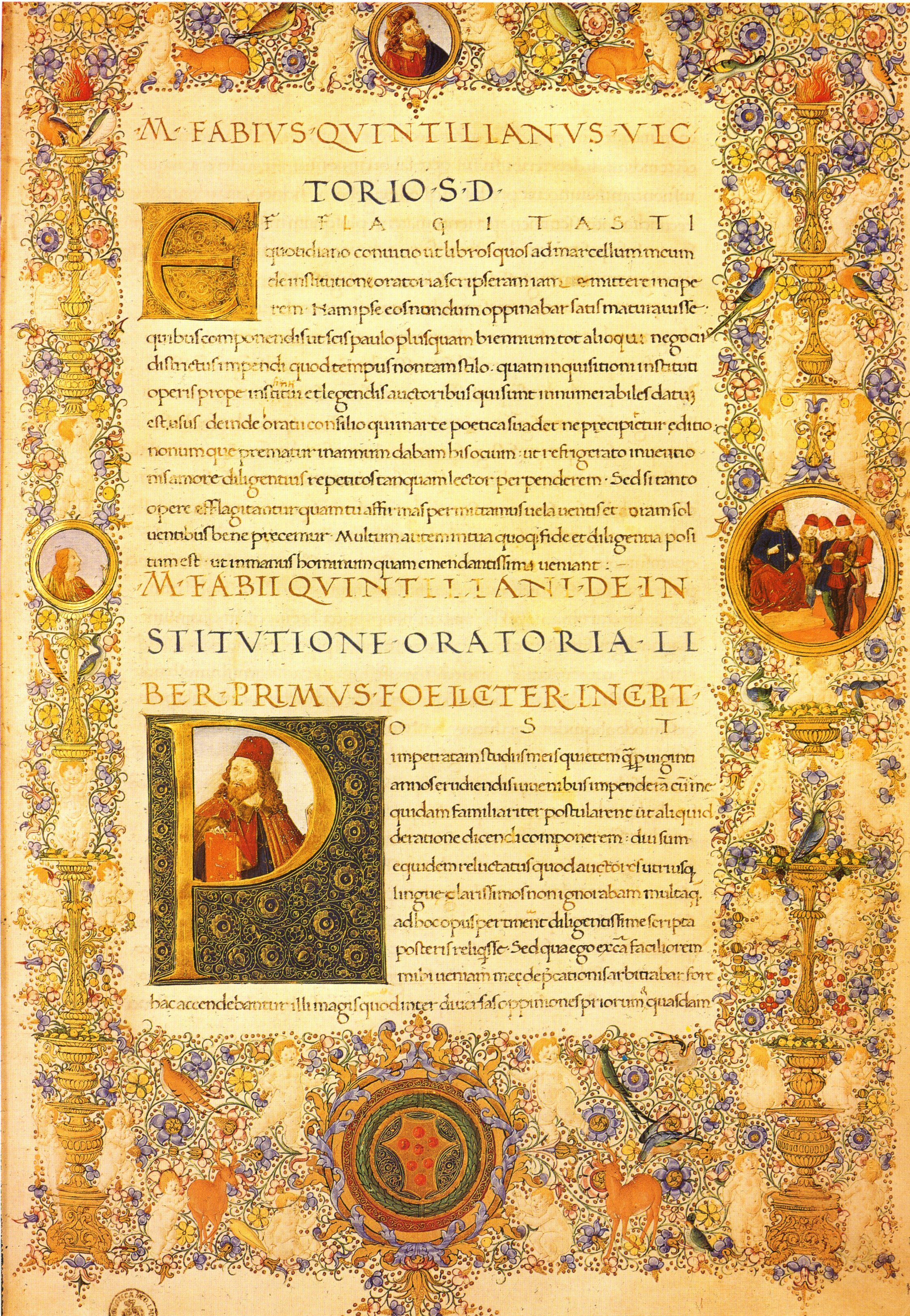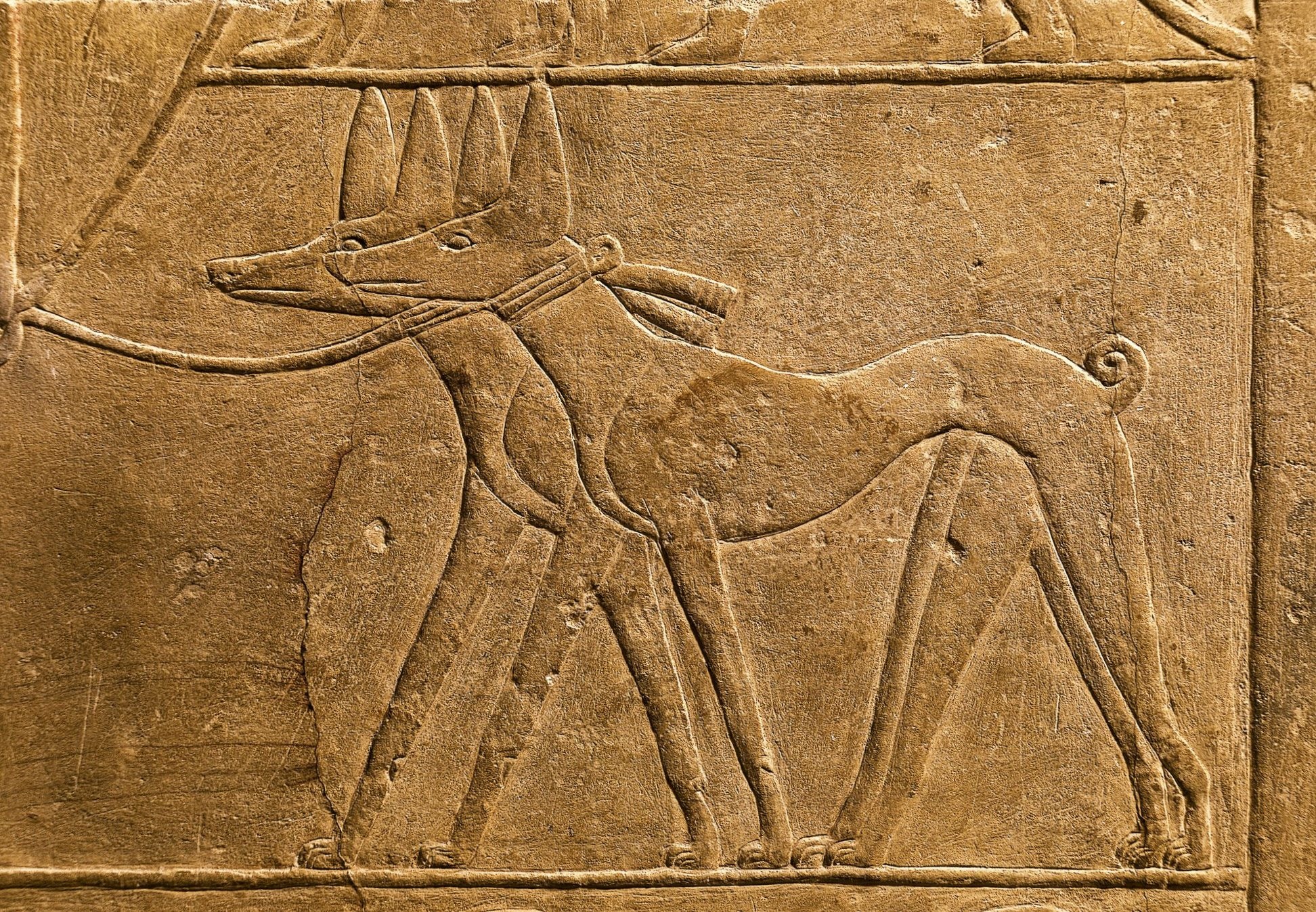Gregory of Tours, Histories 2.42:
Clovis however came and made war against Ragnachar. Ragnachar, seeing that his army had been defeated, prepared to slip away, but as he was doing so he was captured by his army, had his hands tied behind his back, and was brought before Clovis along with his brother Ricchar. Clovis addressed him thus: “Why did you humiliate our people by letting them tie you up? It would have been better for you to die.” Raising the axe, he fixed it into his head, and turning to his brother he said, “If you had granted your brother some solace, he would not at any rate have been bound up” and killed him with a similar blow of the axe.
After their deaths, the men who had betrayed them learned that the gold which they had received from the king was adulterated. When they complained of this to the king himself, he responded, “Rightly does one receive such gold when they lead their master to death by their own choice.” He added that it ought to be enough for them to live on that they would not atone for the betrayal of their master by dying under torture. When they heard this, they decided to take the hint and the favor, claiming that it was indeed enough for them if they were allowed to live.
There were however relations of the king mentioned earlier: their brother, named Rignomeris, was killed in the city of Mans on the orders of Clovis. After their deaths, Clovis received all of their kingdoms and all of their treasure. Once all of these and many other kings had been killed along with his nearest relations (who, he feared, might take his kingdom away from him), he extended his reign over all of Gaul. Then he gathered all of his people together at once and he said to have spoken about his relations, whom he killed, in this way: “Ah, pity me, I who remain as a stranger in a strange land and have no relatives who could help me if I were faced with some adversity!” He said this not to grieve over their deaths, but to lay a trap to see whether he might find someone else whom he could kill.
Veniens autem Chlodovechus, bellum contra eum instruit. At ille devictum cernens exercitum suum, fuga labi parat, sed ab exercitum conpraehensus ac ligatis postergum manibus in conspectu Chlodovechi una cum Richario fratre suo perducetur. Cui ille: ‘Cur’, inquid, ‘humiliasti genus nostrum, ut te vincere permitteris? Melius enim tibi fuerat mori’. Et elevatam securem capite eius defixit, conversusque ad fratrem eius, ait: ‘Si tu solatium fratri tribuissis, allegatus utique non fuisset’; similiter et hunc secure percussum interfecit.
Post quorum mortem cognuscent proditores eorum, aurum, quod a regi acceperant, esse adulterum. Quod cum rege dixissent, ille respondisse fertur: ‘Merito’, inquid, ‘tale aurum accepit, qui domino suo ad mortem propria voluntate deducit’; hoc illis quod viverent debere sufficere, ne male proditionem dominorum suorum luituri inter tormenta deficerent. Quod ille audientes, optabant gratiam adipisci, illud sibi adserentes sufficere, si vivere mererentur. Fuerunt autem supradicti regis propinqui huius; quorum frater Rignomeris nomen apud Cinomannis civitatem ex iusso Chlodovechi est interfectus. Quibus mortuis, omnem regnum eorum et thesaurus Chlodovechus accepit. Interfectisque et aliis multis regibus vel parentibus suis primis, de quibus zelum habebat, ne ei regnum auferrent, regnum suum per totas Gallias dilatavit. Tamen, congregatis suis quadam vice, dixisse fertur de parentibus, quos ipse perdiderat: ‘Vae mihi, qui tamquam peregrinus inter extraneus remansi et non habeo de parentibus, qui mihi, si venerit adversitas, possit aliquid adiuvare’. Sed hoc non de morte horum condolens, sed dolo dicebat, si forte potuisset adhuc aliquem repperire, ut interficeret.









